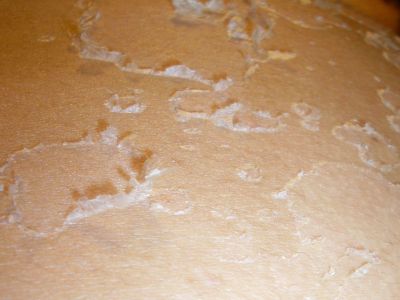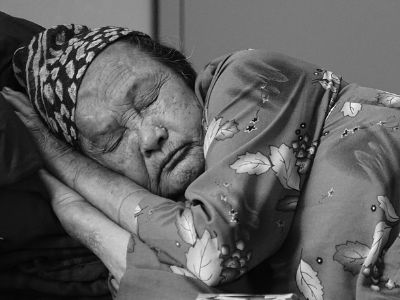Dermatitis: Symptoms, Causes, and Treatment

Dermatitis is a general term that describes a common skin irritation. It has many causes and forms and usually involves itchy, dry skin or a rash. This skin condition may also cause the skin to blister, ooze, crust, or flake off. Although this is not contagious, it will make you feel uncomfortable.
Different Types of Dermatitis
- Atopic. It is a condition that causes dry, itchy, and inflamed skin which is common in young children but can occur at any age. People with this type are at risk of developing food allergies, hay fever, and asthma
- Seborrheic. It is a common skin condition that mainly affects your scalp. It causes scaly patches, inflamed skin, and stubborn dandruff that affects oily areas of the body. This condition can be irritating but it is not contagious, and it does not cause permanent hair loss.
- Contact. It is an itchy rash caused by direct contact with a substance or an allergic reaction. The rash is not contagious, but it can be very uncomfortable. Many substances can cause this reaction, such as cosmetics, fragrances, jewelry, and plants. The rash often shows up within days of exposure.

Signs and Symptoms of Dermatitis
Each type of this condition tends to occur in a different part of your body. Symptoms may include:
- Dry skin and itchiness
- Rash on swollen skin that varies in color depending on your skin color
- Blisters, perhaps with oozing and crusting
- Flaking and thickened skin
- Bumps in hair follicles
Seek immediate help if:
- You have tried self-care steps but the symptoms persist
- You are uncomfortable and losing sleep
- You suspect that your skin is infected
- You are distracted from your daily routines
- Your skin becomes painful

What Causes Dermatitis?
A common cause of this condition is contact with something that irritates your skin or triggers an allergic reaction. Other causes include dry skin, a viral infection, bacteria, stress, genetic makeup, and a problem with the immune system. Other factors that may cause dermatitis are:
- Age. It can occur at any age, but eczema is more common in children than adults, and it usually begins in infancy.
- Allergies and asthma. People who have a personal or family history of eczema, hay fever, allergies, or asthma are more likely to develop atopic conditions.
- Occupation. Jobs that put you in contact with certain metals, solvents, or cleaning supplies increase your risk of this condition.
- Health conditions. This includes congestive heart failure, Parkinson’s disease, and HIV or AIDS.
Treatment, Management, and Prevention of Dermatitis
The treatment for this condition varies, depending on the cause and your symptoms. In addition to the lifestyle and home remedies, treatment might include one or more of the following:
- Applying to the affected skin certain creams or ointments that affect your immune system
- Exposing the affected area to controlled amounts of natural or artificial light
- Applying to the affected skin corticosteroid creams, gels, or ointments
- Using wet dressings, a medical treatment for severe atopic dermatitis that involves applying a corticosteroid and wrapping it with wet bandages
- Using oral corticosteroids for severe conditions
Medication Used for Dermatitis
Clobetasol. It is a corticosteroid that treats various types of skin disorders by controlling the production of inflammation-causing substances. It effectively reduces symptoms associated with allergic reactions in the skin.
Lifestyle and Home Remedies for Dermatitis
- Moisturize to help your skin. Ensure to use anti-inflammation and anti-itch products. Hydrocortisone cream might temporarily relieve your symptoms.
- Take a dilute bleach bath to manage severe atopic dermatitis by decreasing the bacteria on the skin.
- Avoid rubbing and scratching over the itchy area with a dressing if you can’t keep from scratching it.
- Apply a cool wet cloth to help soothe your skin.
- Choose mild laundry detergent. Because your clothes, sheets, and towels touch your skin, choose mild, unscented laundry products.
- Take a comfortably warm bath and sprinkle your bathwater with baking soda or finely ground oatmeal that’s made for the bathtub.
- Use medicated shampoos or OTC shampoos containing selenium sulfide, zinc pyrithione, coal tar, or ketoconazole.



